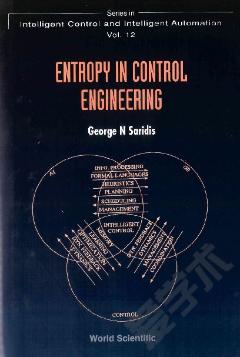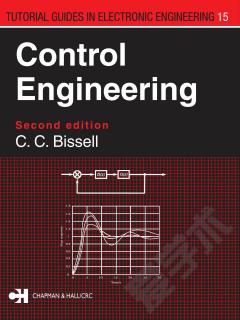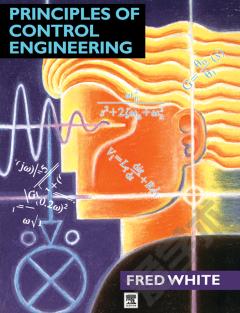Distillation Control —— An Engineering Perspective
----- 蒸馏控制:工程视角
Learn to Design the Best Control Configuration for Any Distillation Column Today, distillation is by far the most common separation technique used in the chemical and petroleum industries. All distillation columns need to be carefully controlled in order to meet specified production and quality levels. Distillation Control enables readers to do this by approaching the subject from a process to develop, analyze, and troubleshoot all aspects of column controls. Readers are efficiency and effectiveness and minimizing coats. Distillation Control begins with a chapter dedicated to underlying principles, including separation processes, reflux and boilup ratios, and composition dynamics. Next, the author covers such critical topics as: Composition control Pressure control and condensers Reboilers and feed preheaters Application of feedforward Unit optimization Complex towers As readers progress through the text, they’ll discover that the best control configuration for a distillation column is largely determined using steady-state process characteristics. The stage-by-stage separation models that the author sets forth for column design, therefore, provide information that is essential in developing the optimal control configuration. In addition to its clear explanations, Distillation Control is filled with clear diagrams and illustrations that clarify complex concepts and guide readers through multi-step procedures. Engineers as well as other professionals working in process facilities that use distillation to separate materials will fin that this book enables them to implement the latest tested and proven distillation control methods to meet their particular processing needs.
{{comment.content}}








 京公网安备 11010802027623号
京公网安备 11010802027623号